Some Candid Shots of visits to Corfu circa 1986 and 1996.
Proposed to my Wife in Corfu and returned for 10th anniversy in 1996
Proposed to my Wife in Corfu and returned for 10th anniversy in 1996
Corfu (ancient and modern Greek: Κέρκυρα, Kérkyra, Latin Corcyra; see also List of traditional Greek place names) is a Greek island in the Ionian Sea. It lies off the coast of Albania, from which it is separated by straits varying in breadth from less than 3 to about 23 km (2 to 15 mi), including one near Butrint and a longer one west of Thesprotia.
The island is part of the Corfu Prefecture. The principal town of the island is also named Corfu, or Kerkyra in Greek. Corfu is home to the Ionian University.
The island is steeped in History and it is perennially connected to the history of Greece starting from Greek mythology.
Appropriately enough, this being an island after all, its name is connected to two powerful water symbols: Poseidon god of the sea and Asopos an important Greek mainland river. According to myth Poseidon fell in love with the beautiful nymph Korkyra, daughter of Asopos and river nymph Metope, and abducted her, as was the custom among gods of that era - Zeus himself was a serial offender. Poseidon brought her to the hitherto unnamed island and, being in marital bliss, offered her name to the place. Together they had a child they called Phaiax after whom the inhabitants of the island were named: Phaiakes, that was then transliterated via Latin to Phaeacians.
This myth, with its themes of romance between a powerful god and a beautiful nymph, with a trace of adventure, centred around the element of water, is suggestive of the special ambience of the place. In another famous adventure featuring lots of sea travel, Homer's Odyssey, Kerkyra is the island of the Phaeacians (Phaiakes) where Odysseus (Ulysses) meets Nausica the daughter of King Alkinoos.
The island's history is full of battles and conquests, indicative of Corfu's turbulent position in a historical vortex that lasted until modern times, when after the unification with modern Greece in 1864 the history of the island became one with the mainland's, with no more foreign intervention. The legacy of these struggles remains in the form of two castles that enclose the city. It is the only city in Greece to be surrounded by castles this way and as a result has officially been declared as a Kastropolis (Castle city) by the Greek Government.[1]







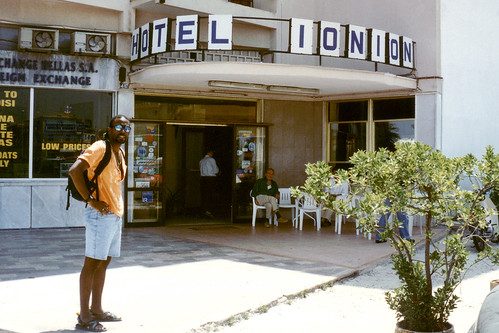
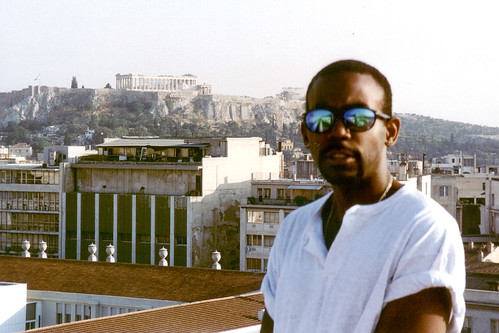

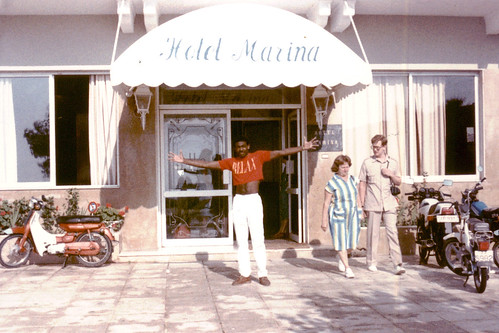
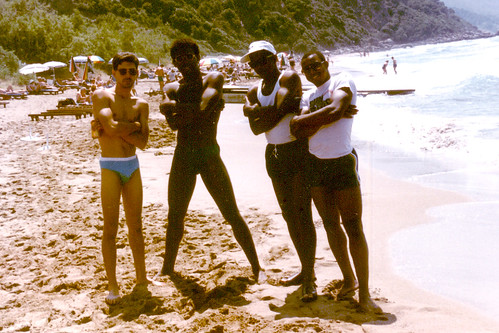
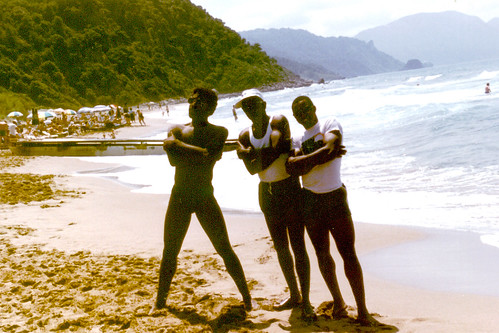
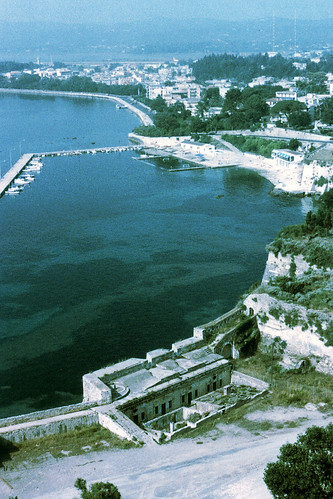
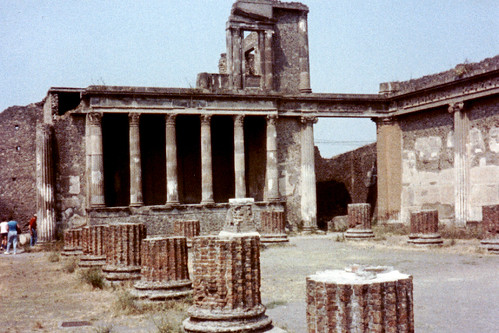

No comments:
Post a Comment
Comments?